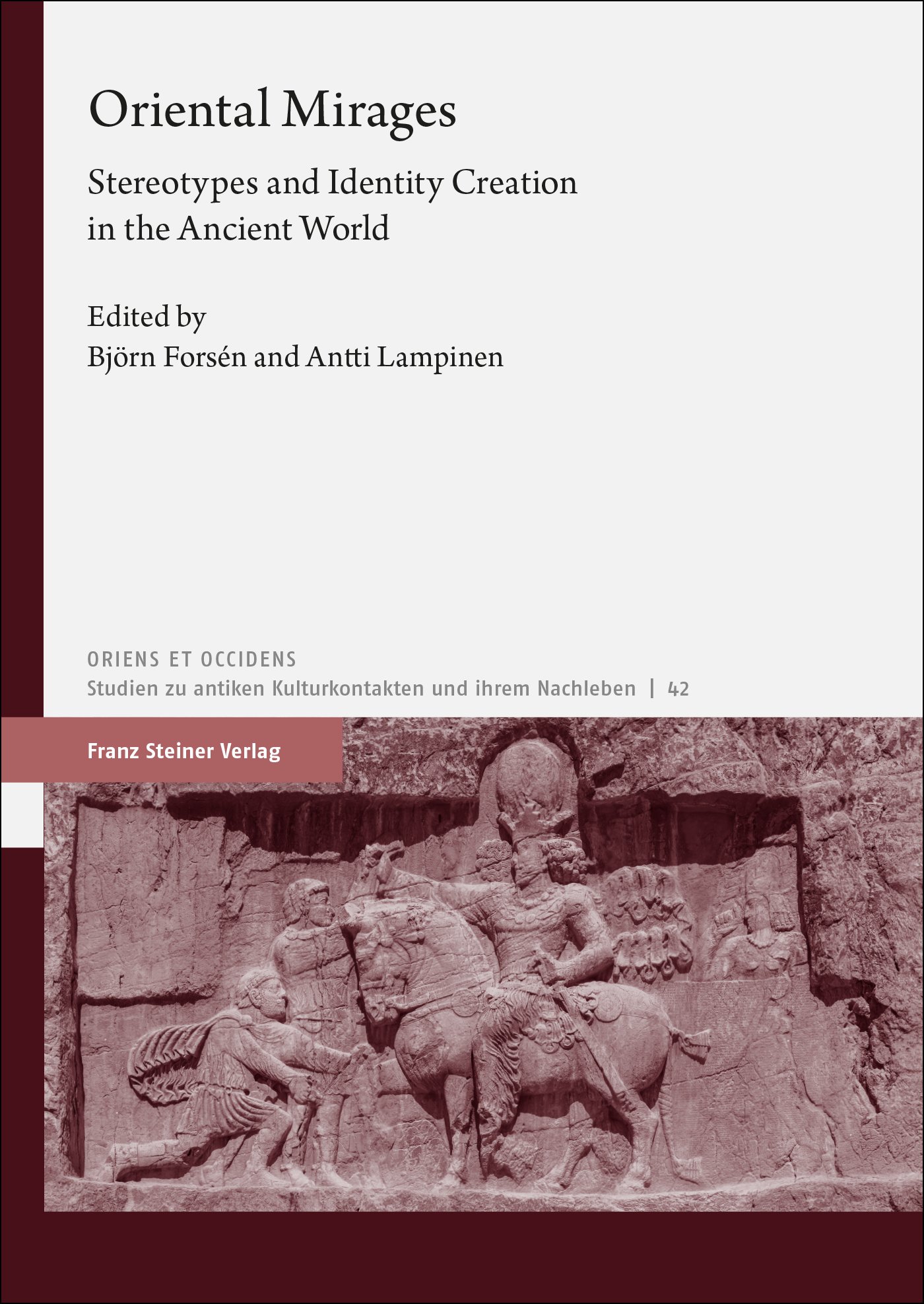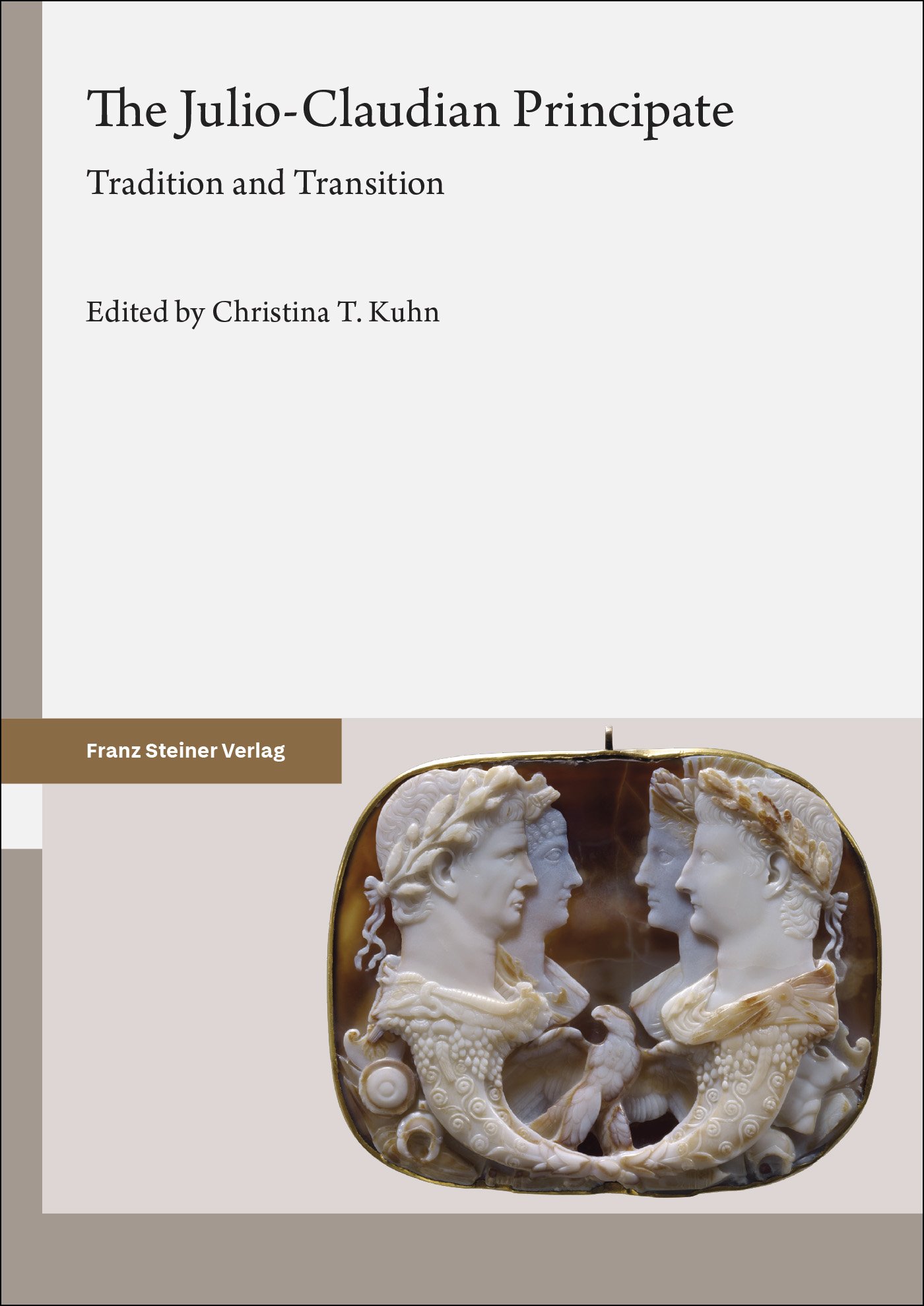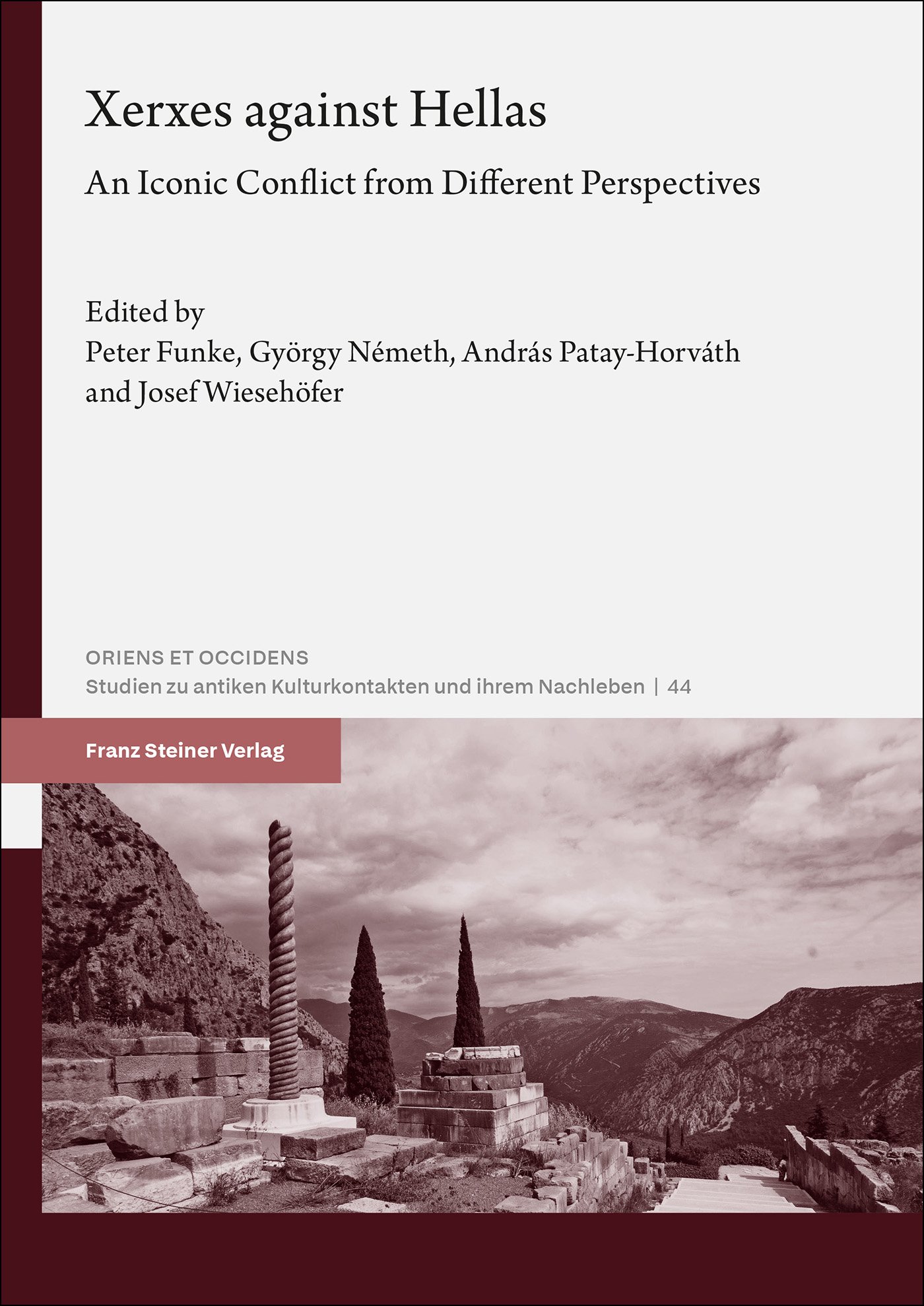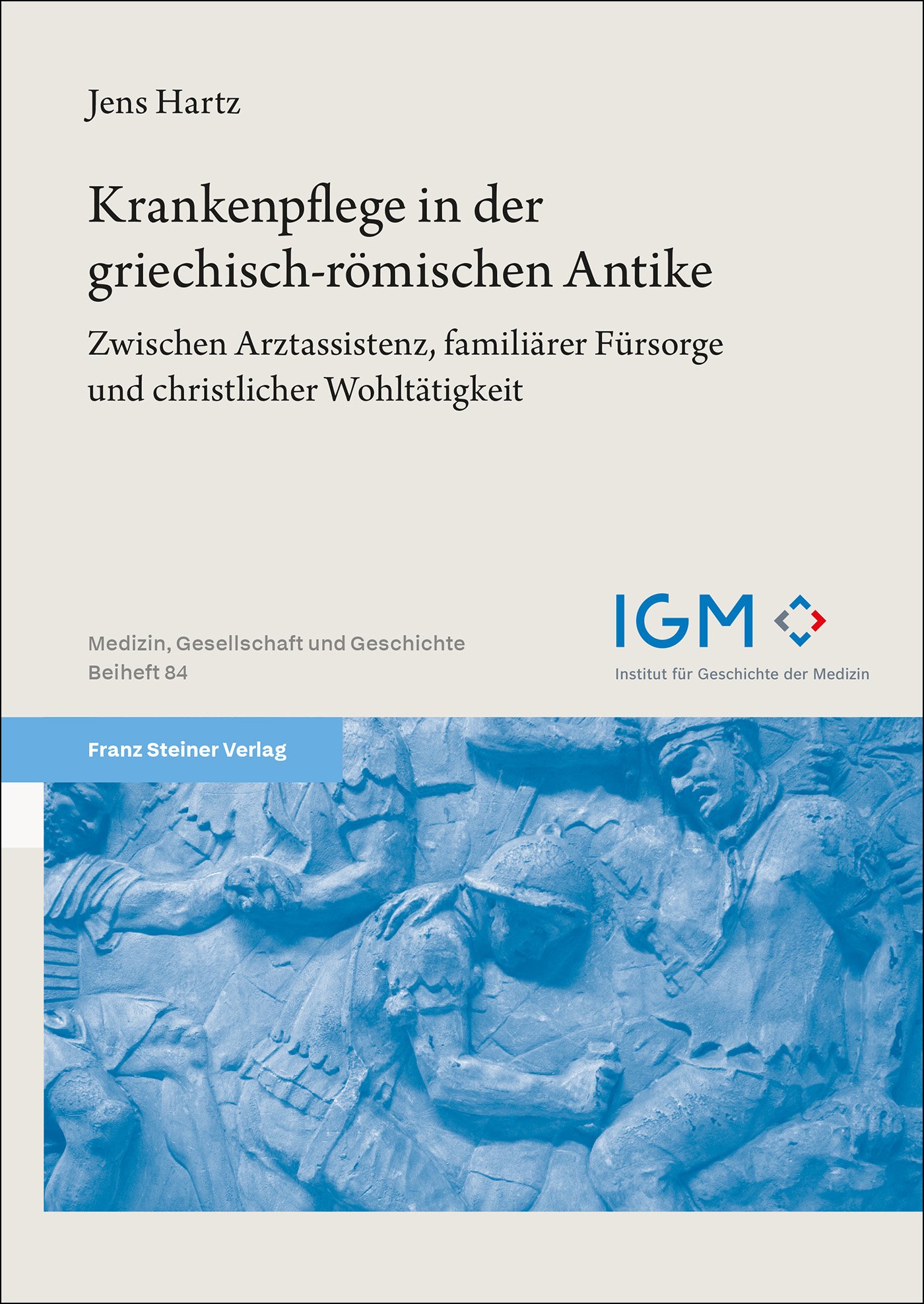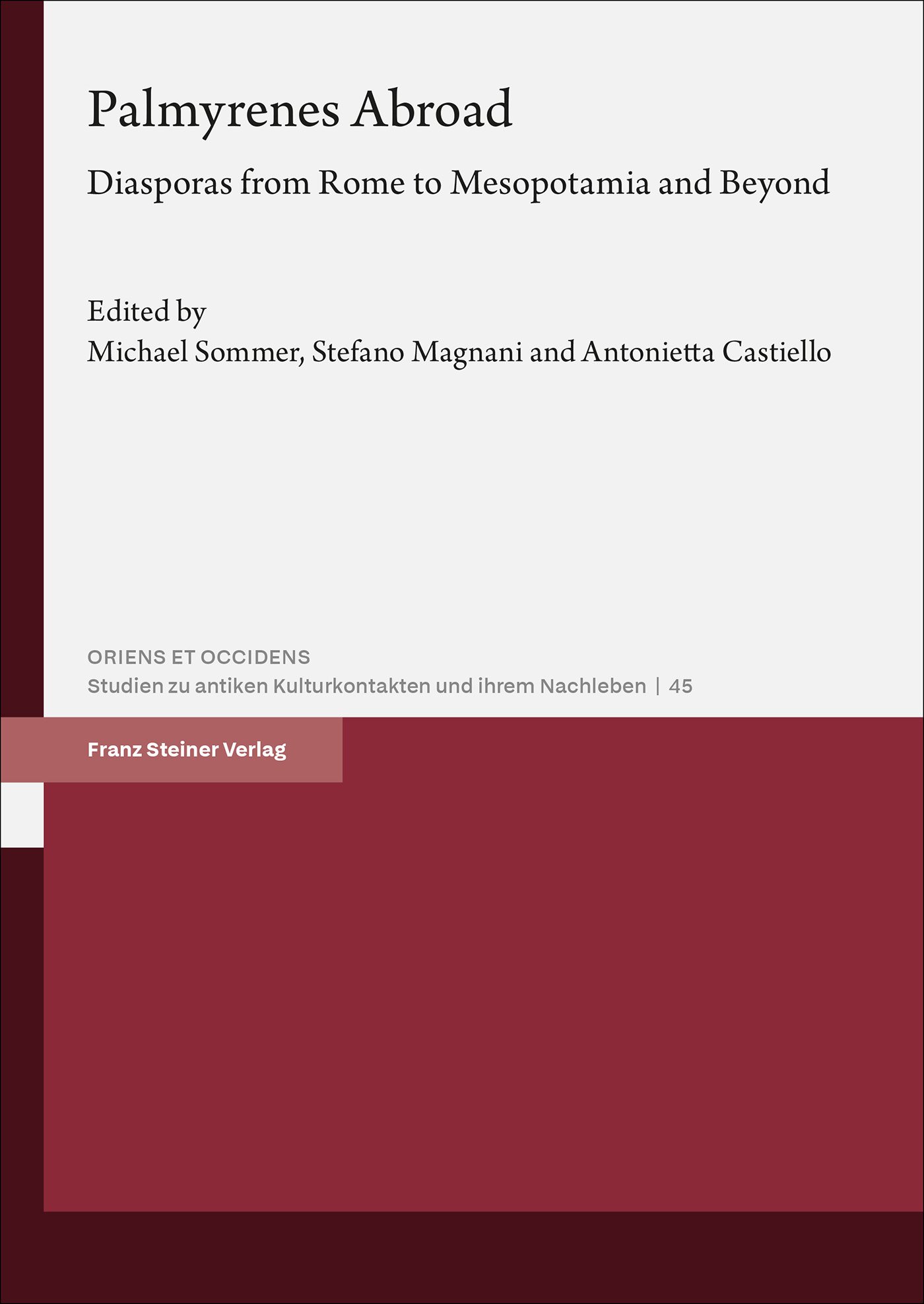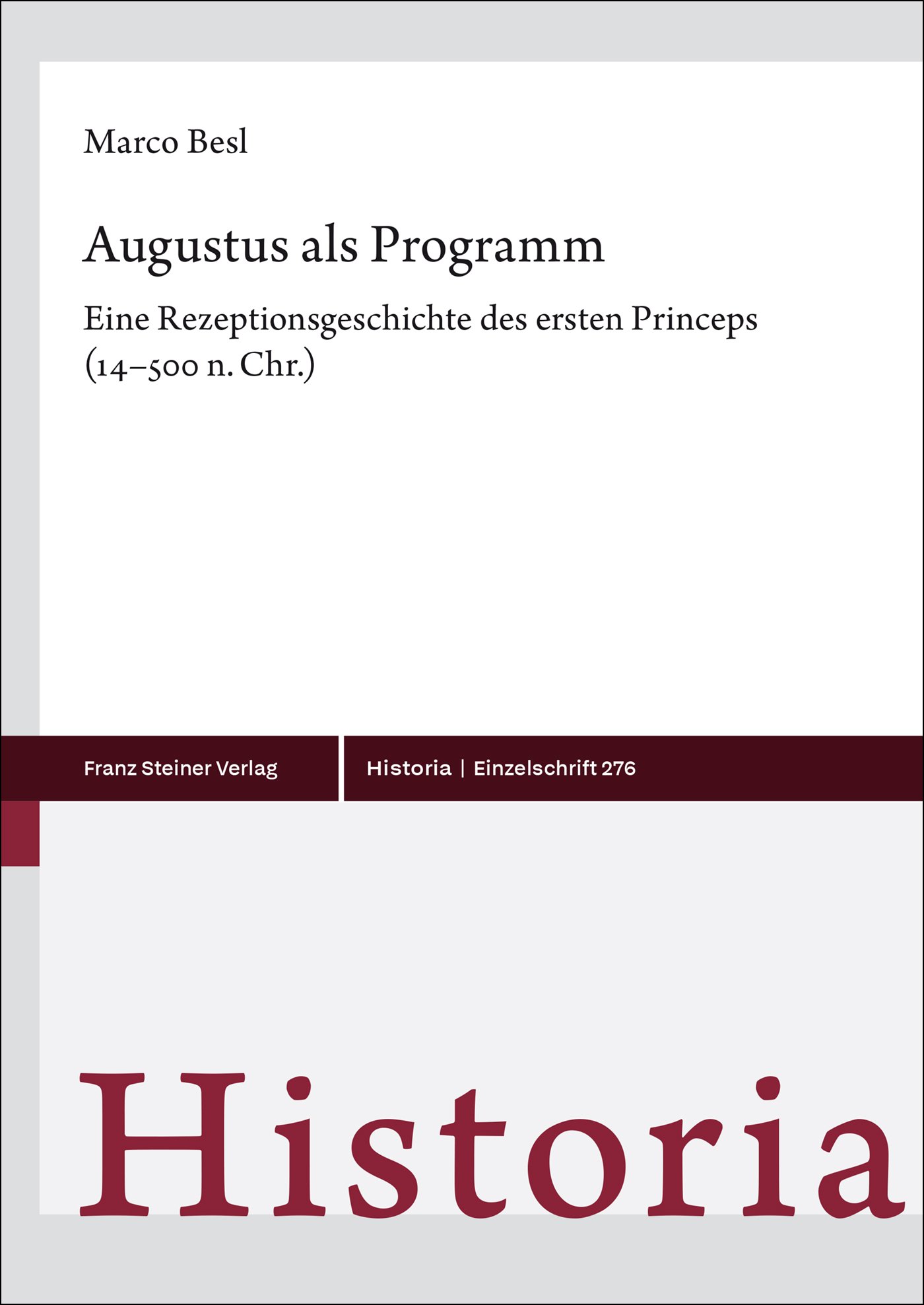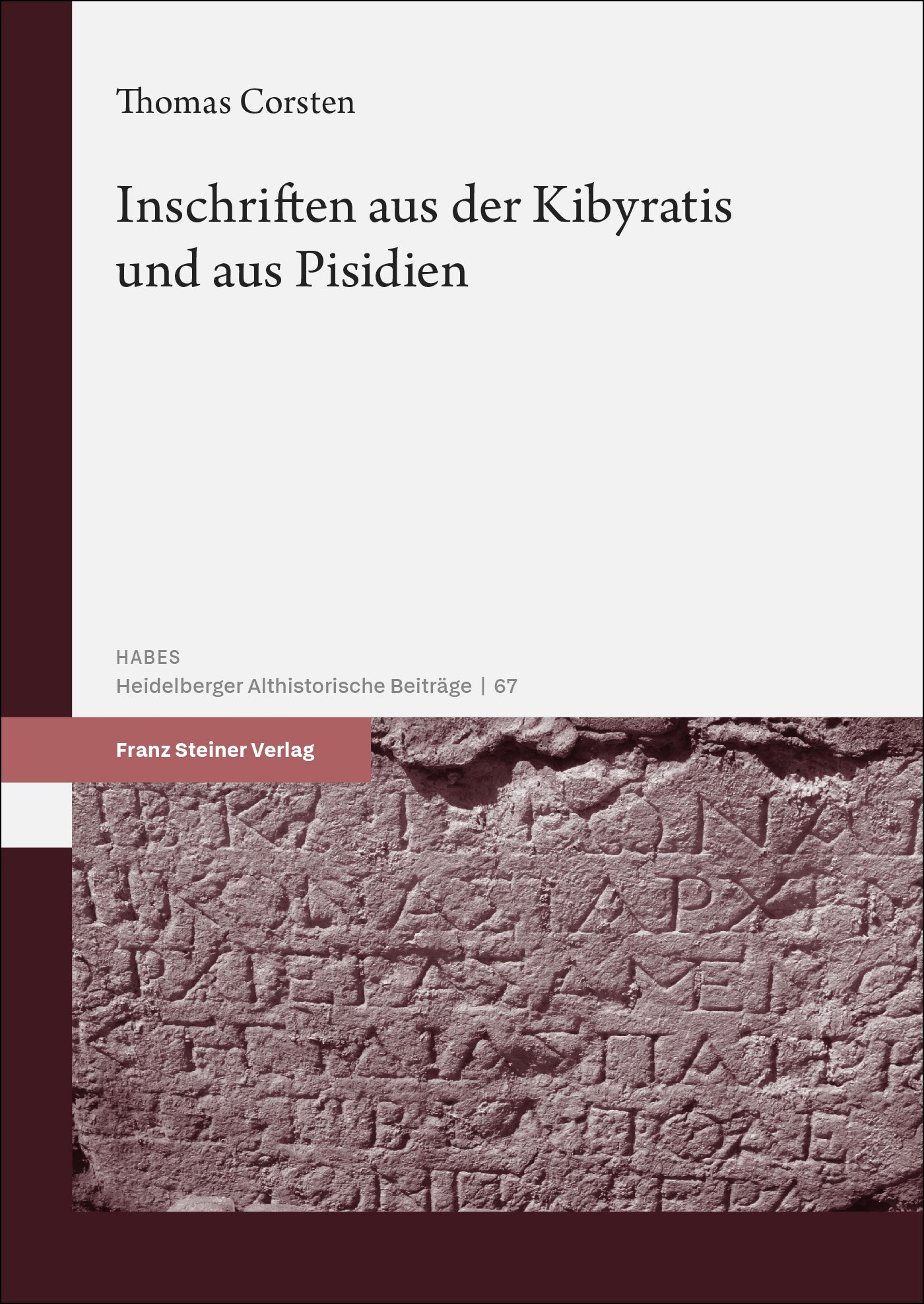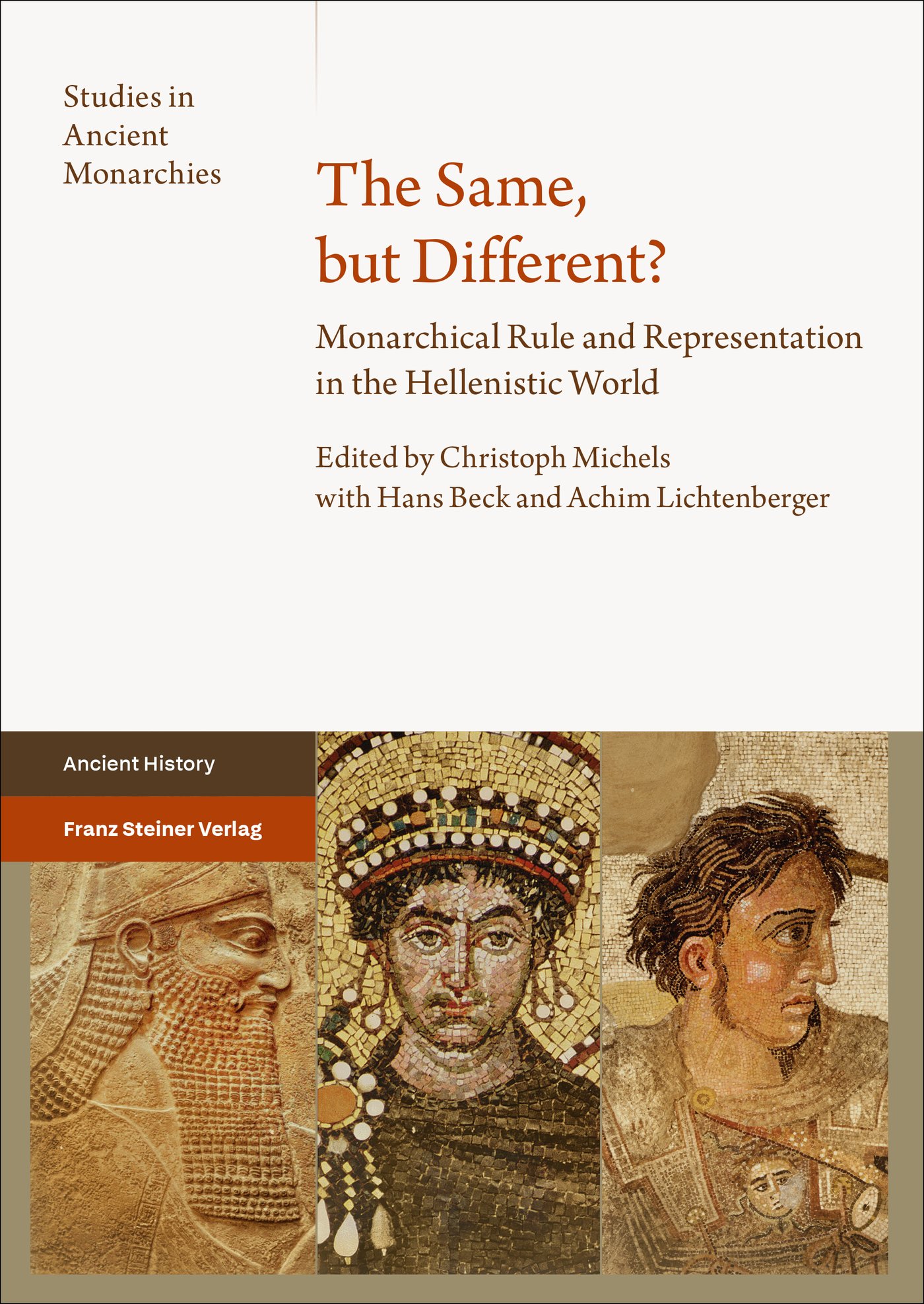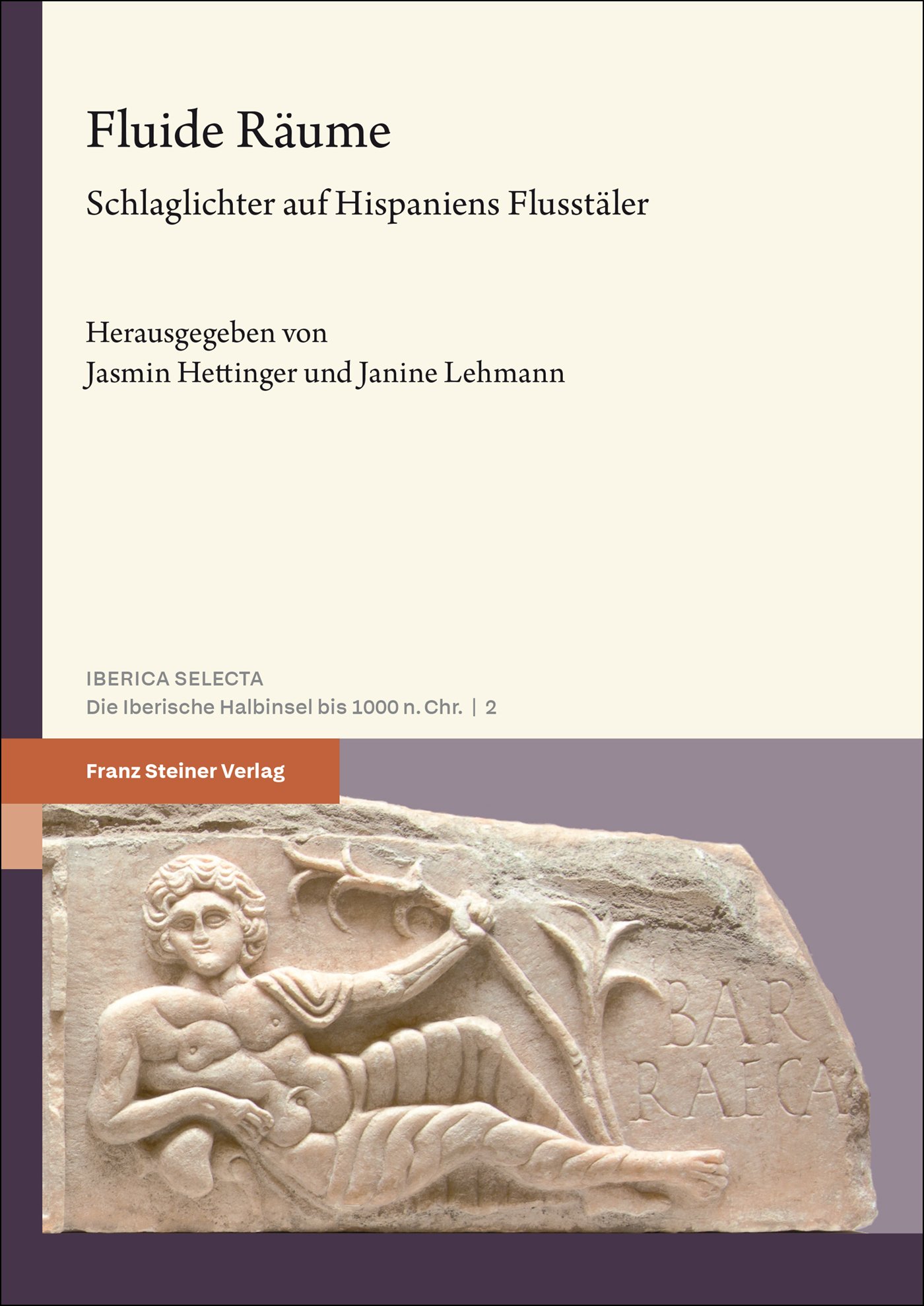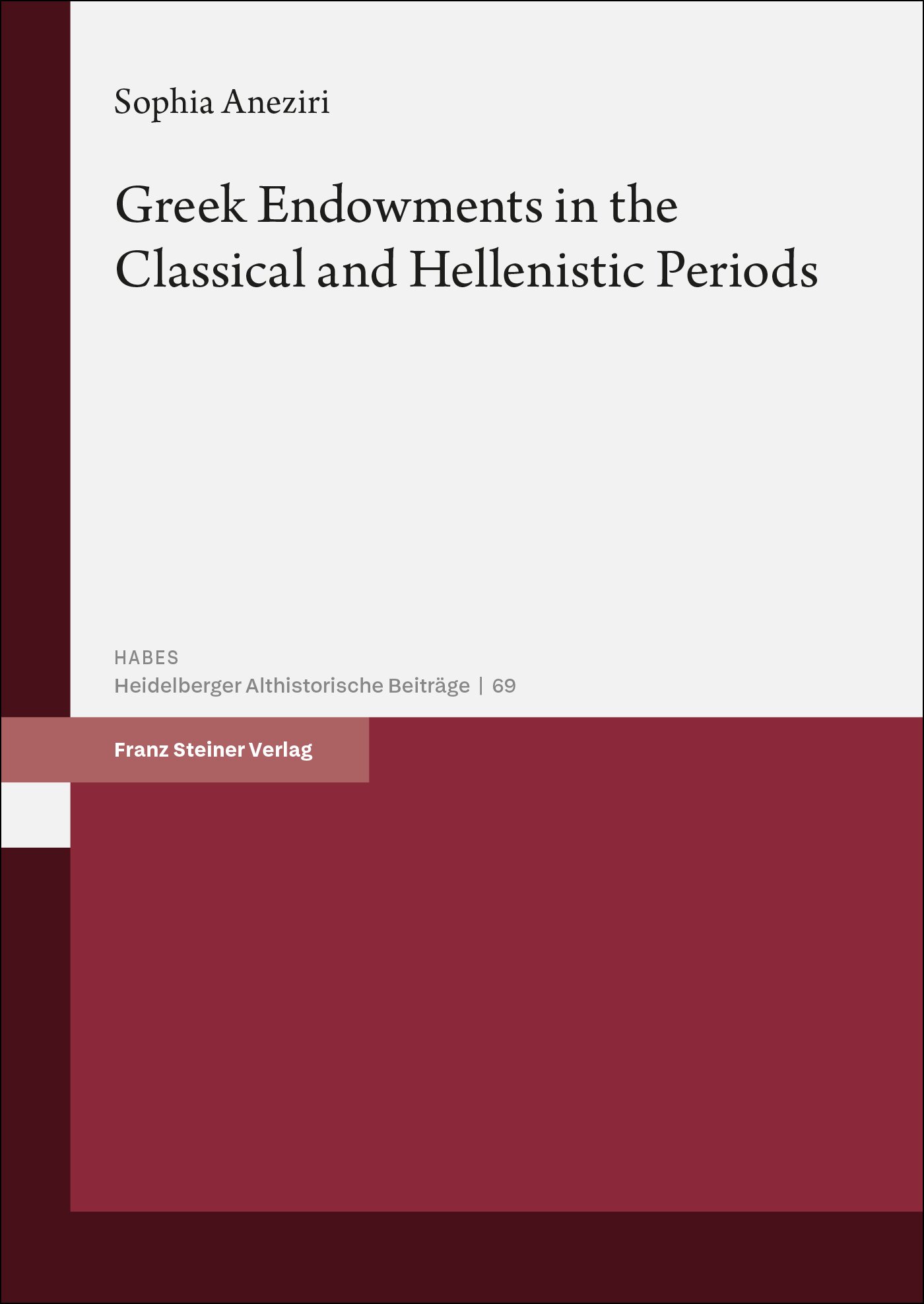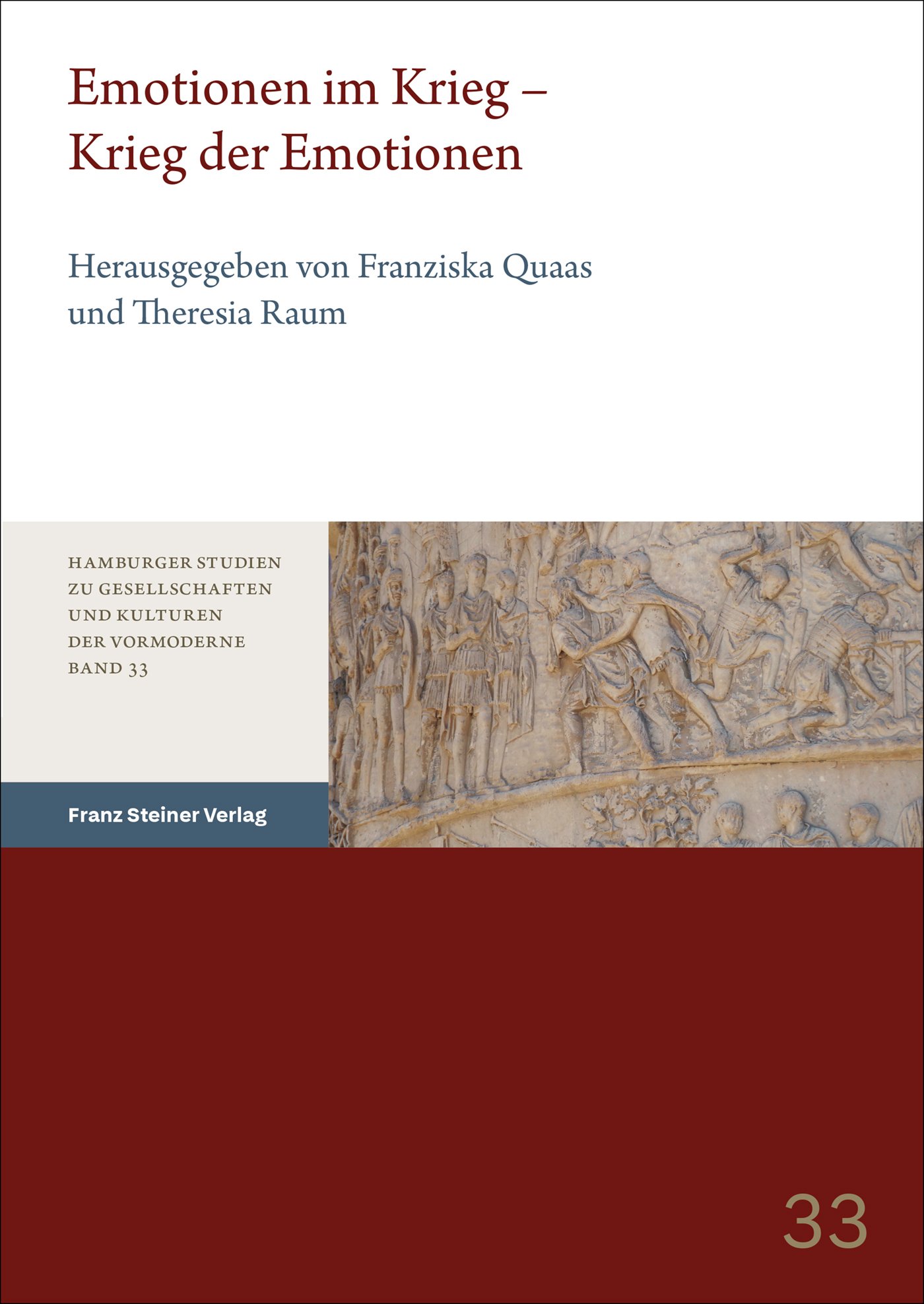Oriental Mirages
Edward Said, in his seminal book Orientalism, perceived clear links between the ancient Greek and Roman stereotypes of the East and the prejudiced European nineteenth-century picture of the Muslim world, which was considered exotic, backward, uncivilised, degenerate, and dangerous, in contrast with the Western societies that were seen as developed, rational, flexible, and, above all, superior. However, the reality is much more complex – shaped by both the imperialist perceptions of defeated enemies embraced by all Middle Eastern empires going back at least to the Assyrians, and the intermixed admiration and jealousy of the old 'Eastern' traditions of learning. Part of the Greek and Roman stereotypes of the East are rooted in the interaction with eastern imperial ideals, being taken over and further developed to strengthen common Hellenic and Roman identities. Due to the subsequent free borrowing of these stereotypes and their application to different societies, the Orient has always been a moving '(n)everwhere' with each culture constructing their own Oriental mirages.
| Series | Oriens et Occidens |
|---|---|
| Volume | 42 |
| ISBN | 978-3-515-13672-3 |
| Media type | Book - Paperback |
| Edition number | 1. |
| Copyright year | 2024 |
| Publisher | Franz Steiner Verlag |
| Length | 341 pages |
| Illustrations | 13 col. figs. |
| Size | 17.0 x 24.0 cm |
| Language | English |
